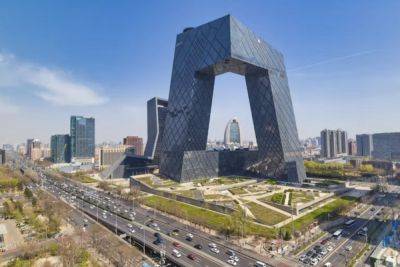It’s becoming harder to get super-rich in China
“To get rich is glorious.” In the 1980s, this was one of the most famous sayings – unofficially, at least – to describe the ethos at the dawn of the opening-up period in post-Maoist China.
China’s paramount leader of the time, Deng Xiaoping, apparently justified this unorthodox situation for an ostensibly egalitarian Communist country by saying: “First you let some make money, then more will follow.”
And make money they did. One of the earliest examples was Nian Guangjiu, the founder of Chinese snack company Fool’s Melon Seeds, who went from being a poor farmer to a wealthy entrepreneur within a few years. But Nian’s story is something of a morality tale for those who followed.
He spent time in prison accused of embezzlement and other crimes in 1989, and his company was taken from him. To get rich in China was indeed possible, but it was a route that often led to jail and perdition.
Despite this, the scale and speed of growth in China – and the importance of business people, often in the private sector, in generating this – means the country now has a shared phenomenon with the developed world: a group of fabulously wealthy people.
When the first Chinese “rich list” was produced by Forbes in 1999, there was only one US dollar billionaire – a Hong Kong magnate based on the mainland called Rong Yiren.
By 2010, this number had risen, even by a conservative estimate, to over 60. And over the next decade, it soared to 389 – a stunning example of how far China had come since the almost universal poverty of the Maoist years half a century earlier.
The Hurun Report’s wealth tracker, which uses a different methodology in calculating and valuing assets, has gone even further, suggesting China currently has the most billionaires in







